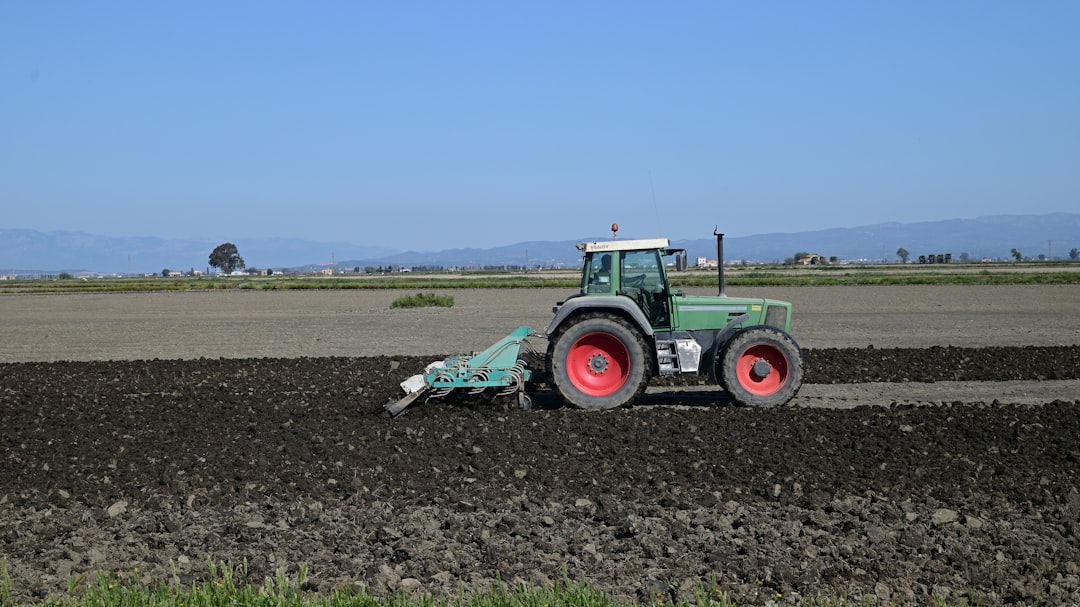Healthy soil is the foundation of productive agriculture and sustainable ecosystems. One of the key components that contribute to soil health is organic matter. Composed of decomposed plant and animal material, organic matter plays a crucial role in improving soil structure, enhancing fertility, and increasing water-holding capacity. Let’s explore the numerous benefits of organic matter and why it is essential for maintaining fertile and resilient soils.
Enhancing Soil Structure
Soil structure refers to the arrangement of soil particles into aggregates, which influence aeration, drainage, and root growth. Organic matter helps improve soil structure by binding soil particles together to form stable aggregates. This process increases soil porosity, allowing roots to penetrate deeper and access essential nutrients. Additionally, well-structured soil resists erosion and compaction, making it more resilient to heavy rainfall and machinery traffic.
Boosting Soil Fertility
Organic matter is a reservoir of essential nutrients, including nitrogen, phosphorus, and potassium, which are gradually released as microorganisms break down organic material. This slow and steady nutrient release reduces the need for synthetic fertilizers and supports long-term soil fertility. Furthermore, organic matter enhances microbial activity, promoting a diverse soil ecosystem that contributes to nutrient cycling and plant health.
Increasing Water-Holding Capacity
Water retention is a critical factor in maintaining soil productivity, particularly in regions prone to drought. Organic matter acts like a sponge, absorbing and holding water within the soil. This improved water-holding capacity helps plants withstand dry periods by ensuring moisture is available for root uptake. Additionally, soils rich in organic matter exhibit better infiltration rates, reducing surface runoff and preventing water loss through evaporation.
Additional Benefits of Organic Matter
Beyond structure, fertility, and water retention, organic matter offers several other advantages:
-
Carbon Sequestration: Organic matter plays a role in capturing carbon from the atmosphere, mitigating climate change.
-
Improved Soil Microbiology: Beneficial microbes thrive in organic-rich soils, enhancing nutrient availability and plant resistance to diseases.
-
pH Regulation: Organic matter can buffer soil pH, creating a stable environment for plant growth.
How to Increase Organic Matter in Soil
To maintain and enhance soil organic matter, consider the following practices:
-
Composting: Apply compost made from plant residues, food scraps, and manure to enrich soil.
-
Cover Cropping: Grow cover crops such as clover or legumes to add organic material and prevent soil erosion.
-
Crop Rotation: Rotate crops to reduce nutrient depletion and improve soil organic content.
-
Mulching: Use organic mulch to protect soil from erosion and decomposition, contributing to organic matter levels.
Conclusion
Organic matter is a crucial component of healthy soil, offering numerous benefits such as improved structure, enhanced fertility, and increased water-holding capacity. By incorporating organic materials and sustainable soil management practices, farmers, gardeners, and land managers can build resilient soils that support productive agriculture and a thriving environment. Investing in organic matter is an investment in the future of soil health and sustainability.

Comments
No comments yet. Be the first to comment!
You must be logged in to comment. Login